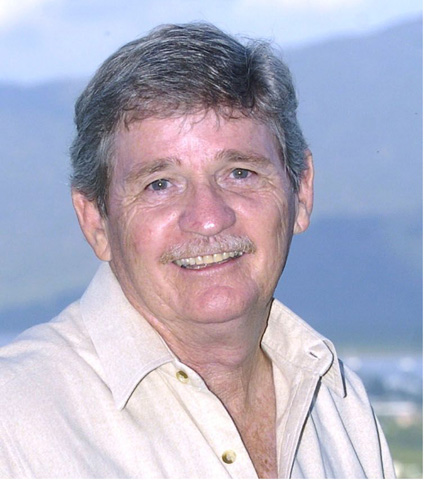.
WATER
Organisations
of Interest
International
Organisations
The
World Bank on Water
A branch of
the United Nations devoted to providing loans to developing countries for
infrastructure, the World Bank has financed water privatisation in Africa, South
America, and Asia. The Bank also studies the economic and social effects of
water and sanitation.
The
United Nations on Water
The parent
organization to the loan- and grant-giving World Bank and International Monetary
Fund, the United Nations monitors issues concerning public health globally. This
UN body, which is generally pro-privatisation, explores new ways of relieving
water crises and providing safe water in developing countries. 2003 was the UN
International Year of Freshwater and they
launched an impressive website in support of the initiative.
Companies
of Interest
Veolia
Water Systems
Veolia
Water Systems is the water services branch of Veolia Environment (formerly
Vivendi Universal), a French conglomerate of energy, water, waste, and
transportation services. Veolia Water Systems is the largest water corporation
on earth, serving 110 million people in over 50 countries.
Suez
Water
Originated
in the 1820s, Suez is a French conglomerate of energy, water, and waste
companies. Suez Water services 125 million people worldwide, including 24
million in the United States.
RWE
- Thames Water
RWE is a
German utilities company with annual revenues over $50 billion. Servicing 70
million people in fourteen different countries, RWE is the third largest water
corporation behind Veolia and Suez. American Water and Thames Water are RWE's
American- and British-based water subsidiaries, servicing 15 million and 51
million people respectively.
HALLIBURTON
(KBR) - Water and Wastewater
From major water transportation projects to local treatment works, KBR's capacity for innovation is backed by 80 years of experience and the successful completion of water projects in over 50 countries worldwide. Many of our projects have made a real contribution to their community by delivering improved facilities and better environmental outcomes.
Pro-Privatisation
Groups
The
Global Water Partnership
Private
industrial companies support several lobbying and public-awareness groups about
water privatisation, ownership, and conservation, such as the Global Water
Partnership. This organization stresses water privatisation's economy and
assuages environmental and social concerns.
The
World Water Council
The World
Water Forum participants featured in "Thirst," a group of politicians
and industry leaders, make up the World Water Council. Because of the enormous
capital required to update water systems globally — an estimated trillion
dollars — the Forum believes that only government partnerships with private
companies can effectively supply water, a resource it believes can be traded
much like oil or timber.
A
World Connected
The
Institute for Humane Studies at George Mason University maintains this bank of
economic and political articles on water privatisation. A World Connected, the
research group devoted to issues of globalisation, argues that privatisation
will create the efficiency needed to make water affordable for everyone and
highlights the success of several water privatisation programs.
Reason
Public Policy Institute
A
non-partisan public policy think tank, the Reason Public Policy Institute
analyses this contentious issue. The Reason report argues that privatisation has
functioned in the United States and does not necessarily represent the
imposition of a profit motive onto a public resource.
Anti-Privatisation
Groups
Concerned
Citizens Coalition of Stockton
The
Concerned Citizens Coalition of Stockton sued the city of Stockton in the summer
of 2003 to block an agreement that would have handed control of the city's water
to the international conglomerate OMI-Thames.
Polaris
Institute: Operation Water Rights
This
website includes critical research and analysis on the world's largest water
corporations, their most influential lobby groups, and the for-profit water
agenda and strategy they shape at a global level. The Polaris Institute's aim is
to make this information accessible so that it can be used for organizing and
fighting back.
Public
Citizen
The Public
Citizen is a national non-profit public interest and lobbying organization.
Public Citizen has served as a rallying organization against water privatisation
– earning the support in protest from over a hundred grassroots organizations.
Sierra
Club of America
With
700,000 members, the Sierra Club is America's oldest and largest non-profit
environmental organization. This investigation into water privatisation eschews
its possible environmental effects and calls for more public scrutiny of the
process.
Food
& Water Watch
Food and Water Watch
serves as a clearing-house for information and an ally in organising to ensure
that WATER - a public resource - stays in public ownership.
RETURN TO: AUSTRALIA'S WATER FUTURE... A NATIONAL WATER GRID
![]()
![]()



